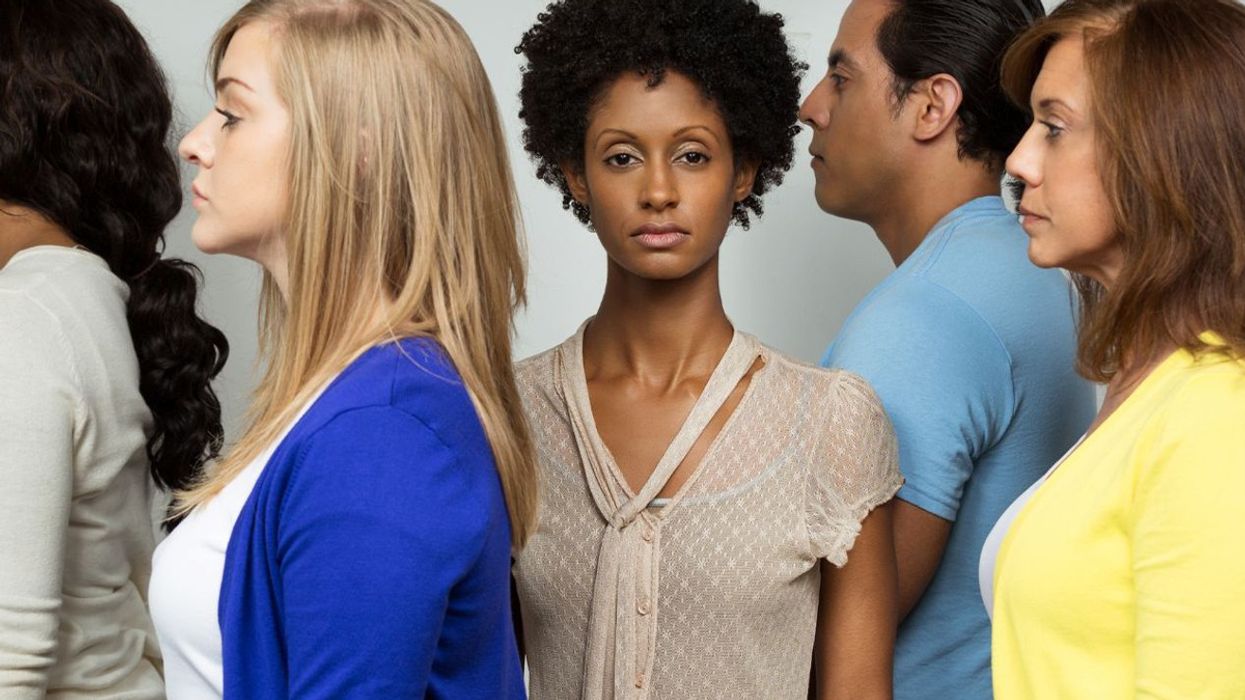And you thought passing health care reform was difficult.
Meet Rod Paige, the former secretary of education who was instrumental in the 2001 passage of No Child Left Behind (NCLB). His new book, The Black-White Achievement Gap: Why Closing It Is the Greatest Civil Rights Issue of Our Time, is particularly timely, seeing as lawmakers are currently attempting to rewrite NCLB. Paige's new book explores how inequality still reigns supreme, and what we might actually do about it.
GOOD: What's the achievement gap, exactly?
Rod Paige: African-American students score well below their white peers on just about every scholastic measurement today. They score below 75 percent of students on all standardized tests. Blacks near the end of their high school education perform worse than white 8th graders. The achievement gap is the distance between how African-American students versus their white peers perform.
GOOD: How can we get rid of it?
RP: The first step would be understanding it-the why of it. To actually close it, you have to have some sort of explanation for why it exists in the first place. The socioeconomic disparities between whites and blacks, the legacy of slavery, poor parenting skills, teenage pregnancy, drug use, crime. These can be overcome by providing students with support they need. But schools can't do this alone, it involves leadership in the community and support in the home.
GOOD: Who should lead the effort-and can federal legislation do it?
RP: The NCLB Act has was written to close the achievement gap so that no child is left behind. While NCLB is an effort to improve the schools, we also need to improve the home and the community.
GOOD: And what about Obama's contribution?
RP: I like Arne Duncan. He's a courageous person who really understands the issue and is working hard to do what he can. In that regard, I have nothing but salutes for him. But I think we need to go further. Schools can do a lot of it, but community needs to do a a lot of it and also the home.
GOOD: What changes should be made to revise the current NCLB?
RP: It's one leg of the stool-there's lots going on with the one leg of the stool, but little nothing going on with the other two.
GOOD: Finally, what can we, as individuals, do about this?
RP: Parents can take advantage of good literature about parenting, paying a lot of attention to that child's network of support. Individuals who are not parents can raise these issues in churches and social organizations, where they can develop programs to address these issues. The struggle for African-Americans has been about racial equality and social justice. There have been barriers that impeded that progress all along the way. We've had leadership that's helped us overcome barriers, but our current barrier is the achievement gap. The primary problem is the lack of education our kids are getting. Might our lack of educational progress be considered to be as important as racism and discrimination.
















 Otis knew before they did.
Otis knew before they did.